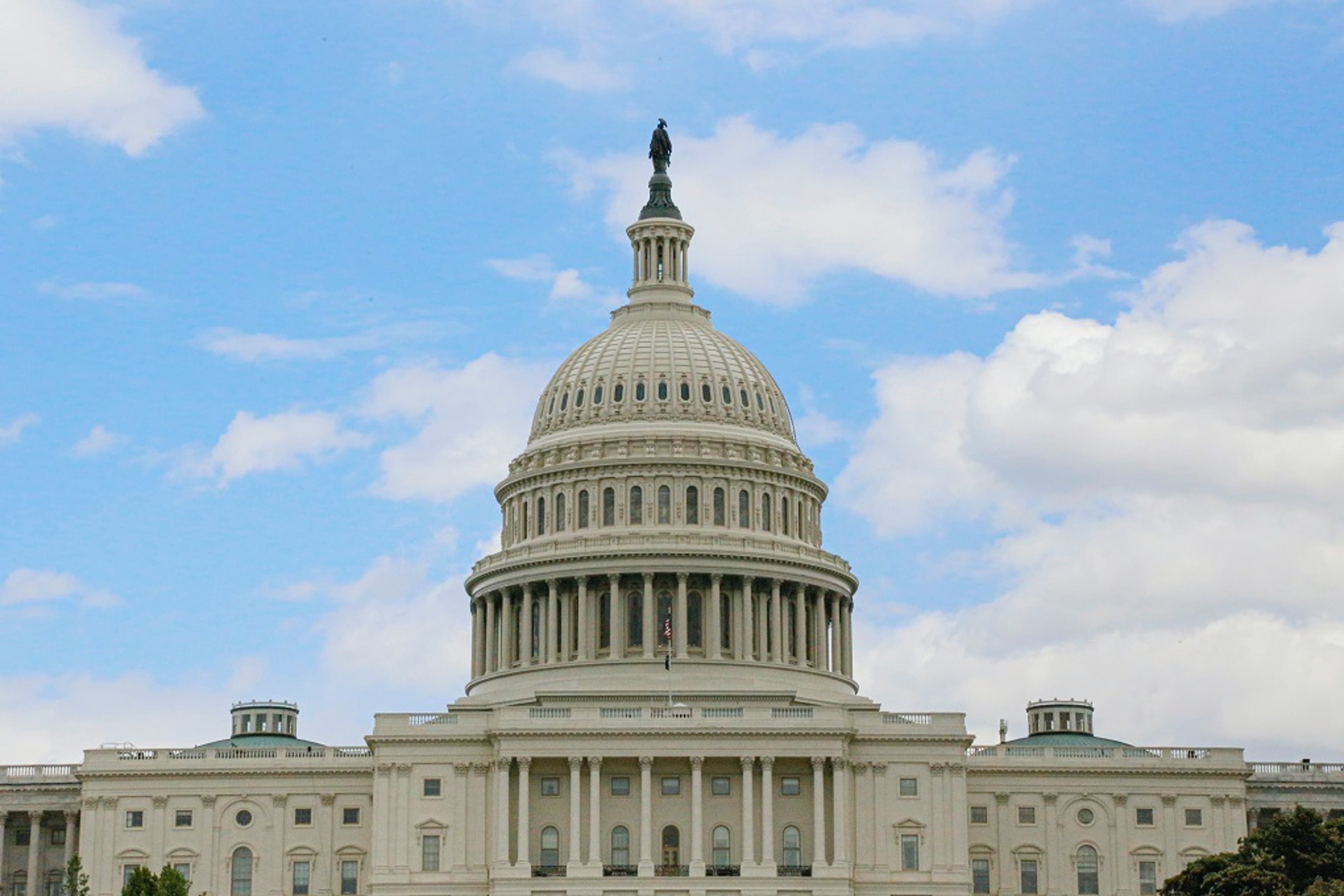From the harms caused by targeted advertising, to the importance of protecting children online, to the need for a comprehensive federal privacy law, a wide-ranging U.S. House committee hearing Tuesday explored legislative ways to protect online users.
In its third hearing on the topic, the House Committee on Energy & Commerce’s Subcommittee on Consumer Protection and Commerce discussed the proposed Banning Surveillance Advertising Act of 2022, Algorithmic Accountability Act of 2022, Digital Services Oversight and Safety Act of 2022, and others, with Consumer Reports Policy Analyst Laurel Lehman, Duck Duck Go U.S. Senior Public Policy Manager Katherine McInnis, CIPP/US, AI for the People U.S. Chief Executive Officer Mutale Nkonde, and Florida Department of Law Enforcement Special Agent Supervisor Mike Duffey weighing in on ways the proposals would benefit consumers and create a safer, more private, online environment.
“The time to regulate is now. The time to hold Big Tech accountable is now. We have heard over and over again the promises, the denials of wrongdoing that we have heard from Big Tech, and really, enough is enough. Consumers want to be able to safely and confidently use what they can online and not be exploited as they have been,” Consumer Protection and Commerce Subcommittee Chairwoman Congresswoman Jan Schakowsky, D-Ill., said.
Lawmakers sought to understand how the bills would increase transparency and accountability of Big Tech platforms, whether a comprehensive privacy law would be part of that accountability and protecting consumers online, and whether the internet would “break” if a law banning surveillance-based advertising were to pass.
Lehman, McInnis, Nkonde and Duffy all said the internet will not suffer without the use of surveillance-based ads, while McInnis noted DuckDuckGo is “proof” companies can be successful and profitable without surveilling users for advertising profit. Launched in 2008, the company offers a private search engine and earns approximately $100 million in revenue per year, she said.
“If data collection for targeted ads were banned, access to personal data would no longer determine whether companies succeed or fail in the advertising market, meaning that more companies would be able to compete against Google and Facebook’s ad duopoly,” she said.
Lehman said, “users, advertisers and individuals” need to understand the values platforms operate by, adding “one of the most exciting components” of the Digital Services Oversight and Safety Act is transparency requirements for companies to disclose how consumer data is collected and used.
“Misinformation, discriminatory advertising, targeting ads to minors, these are the kinds of things that without transparency we don’t have a good sense of the scale of the problem and how to best combat it,” she said.
Consumer concerns today, Lehman said, range from protecting their privacy on social media to the way artificial intelligence affects their lives. The variety of challenges consumers face online require “a range of policy solutions,” she said, including “comprehensive transparency, ... approaches grounded in consumer protection law,” and a stronger and better funded Federal Trade Commission.
The Algorithmic Accountability Act would require technology companies using automated systems to assess their impact and would provide insight on how systems are used and make decisions, Nkonde said. Combined with the Banning Surveillance Advertising Act, the proposals would “provide an online environment in which people from protected classes can be safe,” she said.
Some lawmakers expressed concern that representatives of the advertising industry were not invited to give input during Tuesday’s hearing. In a statement released Tuesday, the Network Advertising Initiative said the Banning Surveillance Advertising Act would harm businesses that rely on “tailored advertising,” particularly small businesses, undermine publishers’ ability to provide free content to consumers and reduce competition in the marketplace.
“The proposal will not solve legitimate problems of disinformation, discrimination, voter suppression or privacy abuses that result from businesses that directly collect and misuse consumer data,” the group said. “A better approach is to enact comprehensive federal privacy legislation that provides for consistent, enforceable regulation with joint federal and state enforcement.”
Lawmakers spoke strongly of a need for action. Rep. Greg Pence, R-Ind., said he’s increasingly concerned about the “growth-at-any-cost mindset” of Silicon Valley.
“More clicks lead to more data that fuels a more lucrative online advertising model. Our public disclosures have become overtly defensive, younger generations have developed unhealthy addictions to social media and an individual’s right to privacy is disregarded,” he said. “It’s time we start advancing holistic solutions. Our constituents should have more control over how their personal information is collected online or receive fair compensation when their information is collected and sold, as it’s happening nonstop.”
While the proposals discussed Tuesday are “admirable,” Rep. Angie Craig, D-Minn., said they should be considered as part of a privacy framework “not as a piecemeal set of bills,” while Subcommittee Ranking Member Rep. Gus Bilirakis, R-Fla., said he hopes the group follows up with a hearing on a national privacy and data security framework, calling it “the best way to protect our constituents.”
“Move past these one-off bills that beat around the bush of privacy and data security concerns,” Bilirakis said, adding he “remains fully committed to working across the aisle to enact a truly comprehensive privacy and data security law.”
Photo by Syed F Hashemi on Unsplash

